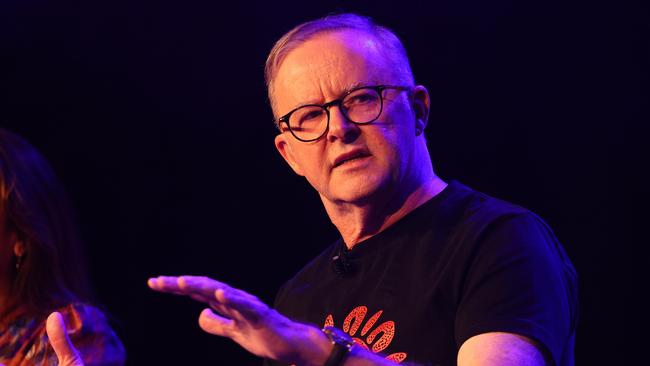
The Prime Minister’s apparent intent, in prudent political expectation or perhaps even anticipation of a defeat for the referendum, is to argue he was misled on the vital issue of bipartisanship by the Coalition and betrayed by the craven political opportunism of the Opposition Leader.
A deflection, in case of defeat, away from his own miscalculation that bipartisanship on a referendum no longer counted because things had changed and the Australian public was more inclined to listen to the elites of business, sport and religion than to leaders of political parties.
Albanese was convinced politics was different now and, like his own rise to Prime Minister against expectations or the acceptance of the Apology to the Stolen Generations and the successful same-sex marriage plebiscite, there was no longer a need for bipartisanship for a successful referendum.
Although such a victory on the basis of elite endorsement and massive advertising is still possible, polling showing a clear majority of people intending to vote “no” means a prudent politician would prepare for a defeat given it is a simple “yes” or “no” result devoid of nuance.
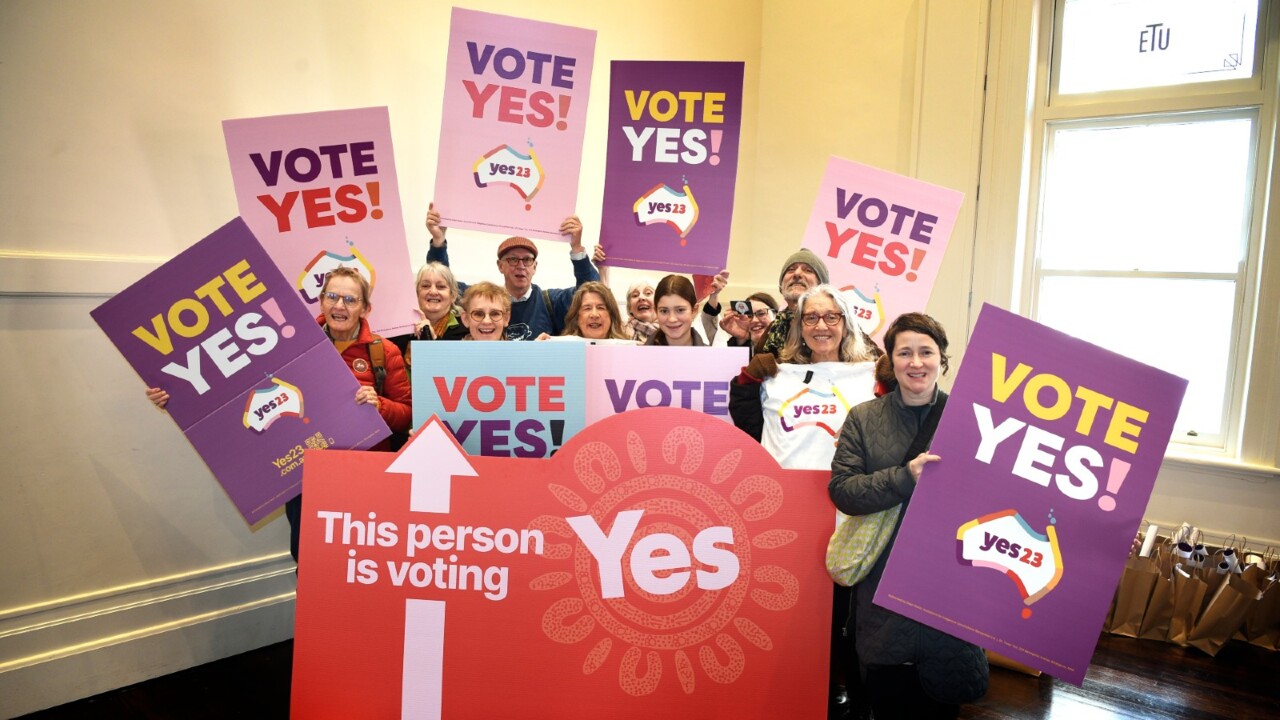
At the weekend, Albanese built on a nascent narrative he started a few weeks ago – apart from blaming “elements of the media” – which is built on a premise he expected Coalition bipartisan support and was misled and betrayed for base political reasons.
Several times, Albanese has advanced the former argument based on an expectation that Dutton’s appointment of Julian Leeser as spokesman on legal affairs and Indigenous Australians was a “positive sign”.
Albanese has suggested publicly for some time that the appointment of Leeser, who had worked for years on parliamentary committees in favour of Indigenous recognition and a voice to parliament he took as an indication of potential Coalition bipartisanship on the voice referendum.
Albanese’s problem is that Dutton appointed Leeser – as expected – to the shadow portfolio long before the model for a voice was announced and, even when it was, Leeser said he didn’t support the model but as a matter of conscience would resign his role and still campaign and vote “yes”.
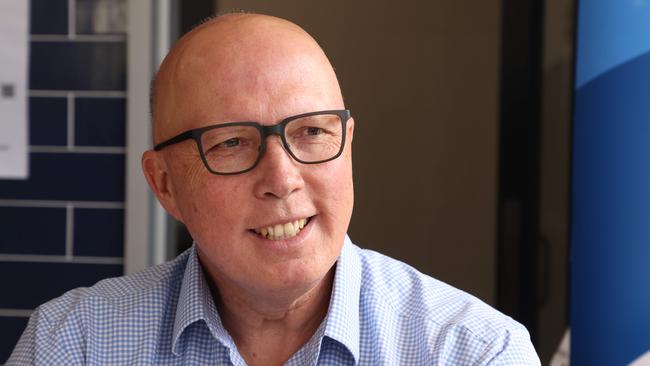
Jacinta Price Nampijinpa’s appointment and emergence as a powerful Indigenous voice for the No campaign was not possible for Dutton after the election – Price is a CLP senator from the Northern Territory who sits in the Nationals partyroom in Canberra and is under the purview of Nationals’ leader David Littleproud.
This has not deterred Albanese from running the argument that he took as positive sign Leeser’s appointment and he repeated it at the weekend in an interview with The Guardian.
Albanese has taken the argument to a new level beyond simply saying he was entitled to expect bipartisan support to declaring Dutton’s opposition to the voice was a direct result of a humiliating defeat in the Aston by-election.
He is now saying that despite Dutton’s previous bad behaviour in relation to the apology, etc, it was this “political opportunism” that prompted the Liberal leader’s decision to oppose the referendum. “We know that we had the Aston by-election. And the week afterwards, Peter Dutton returned to what he’d been urged to do by some of his party, into the wrecker, into the negative, just opposing things, seeing this through a political prism of opportunism rather than an opportunity to actually do something positive.”
If there is a yes vote, it will not matter what is being said now about Dutton and the lack of bipartisanship… but if there is a no vote, Albanese will be the one under pressure for a failed political campaign that has caused potential damage to Australian society and the Labor government.


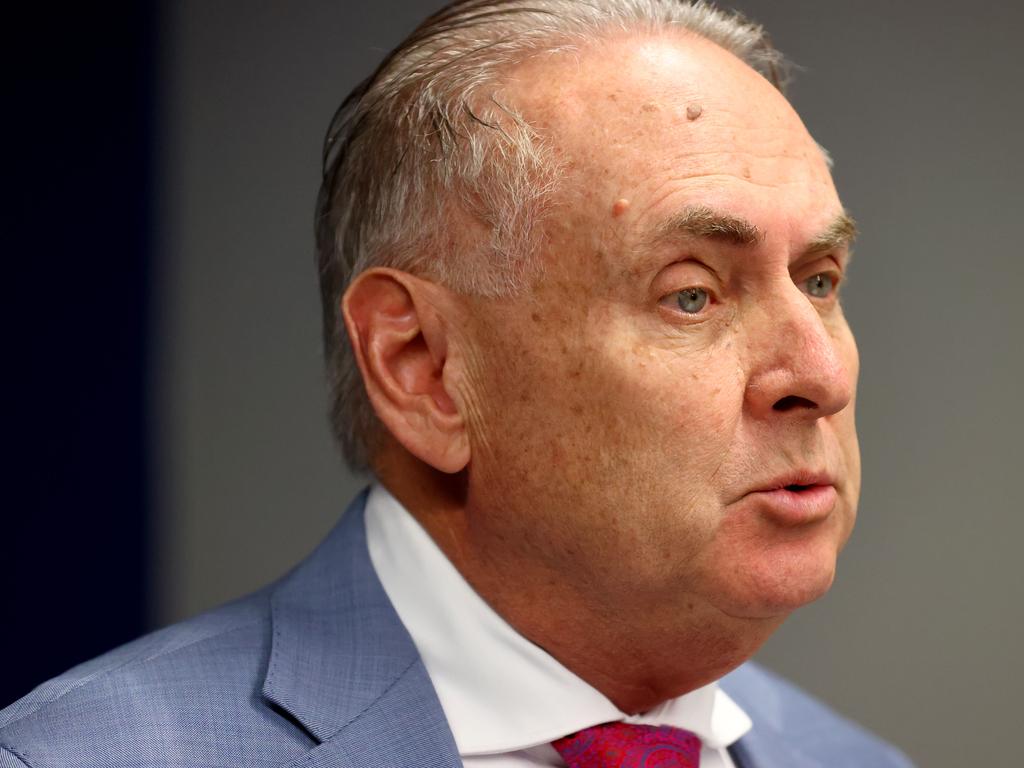
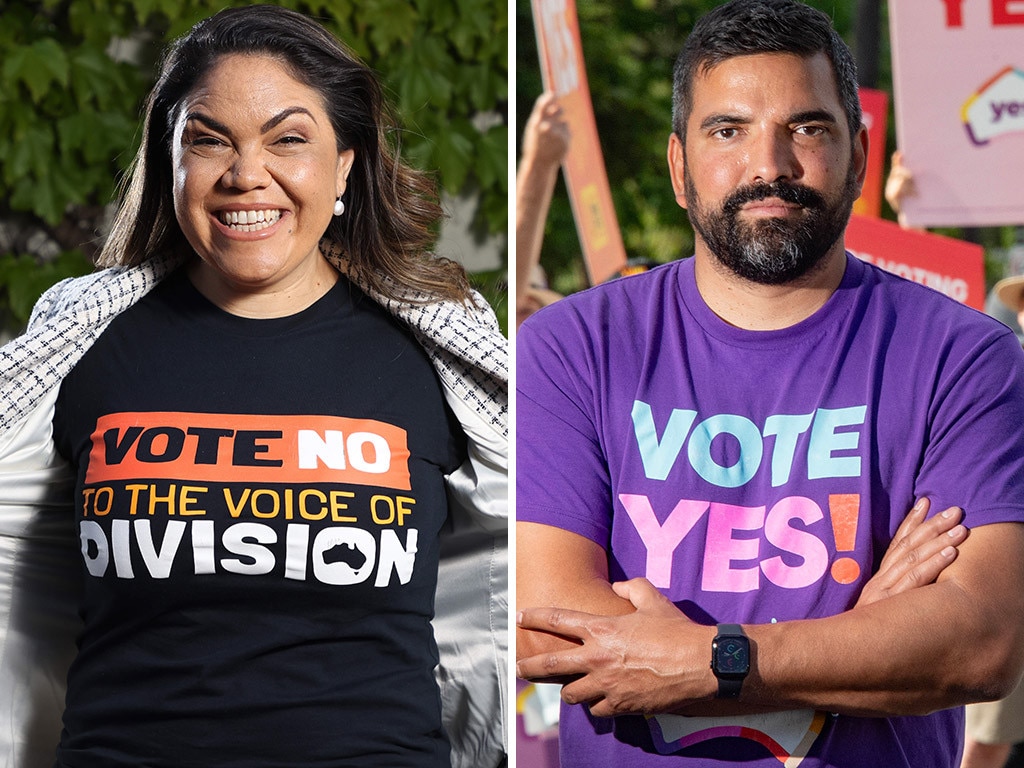
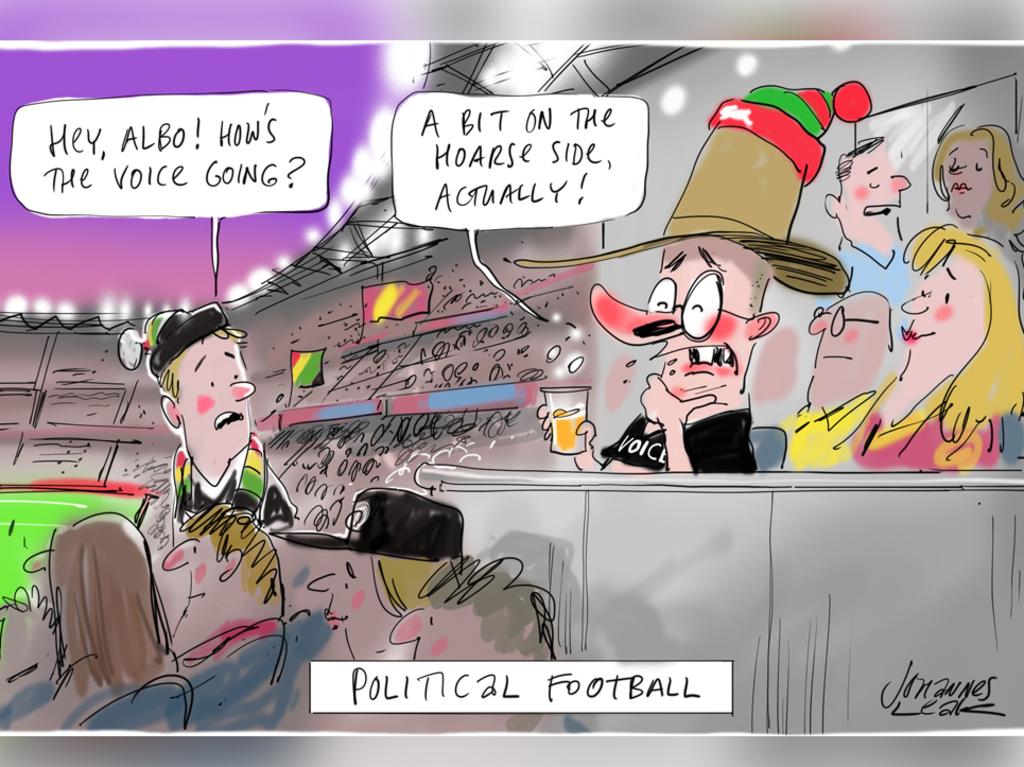



In the final two weeks of the Indigenous voice to parliament referendum campaign, Anthony Albanese is refining a new political narrative aimed at minimising culpability for his misjudgment and maximising blame for Peter Dutton.